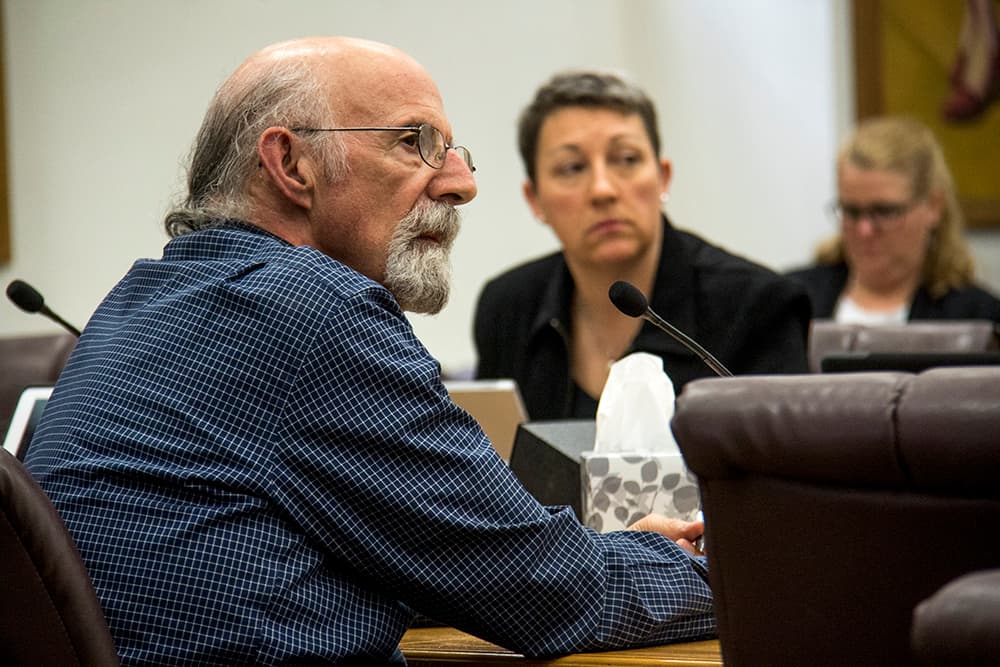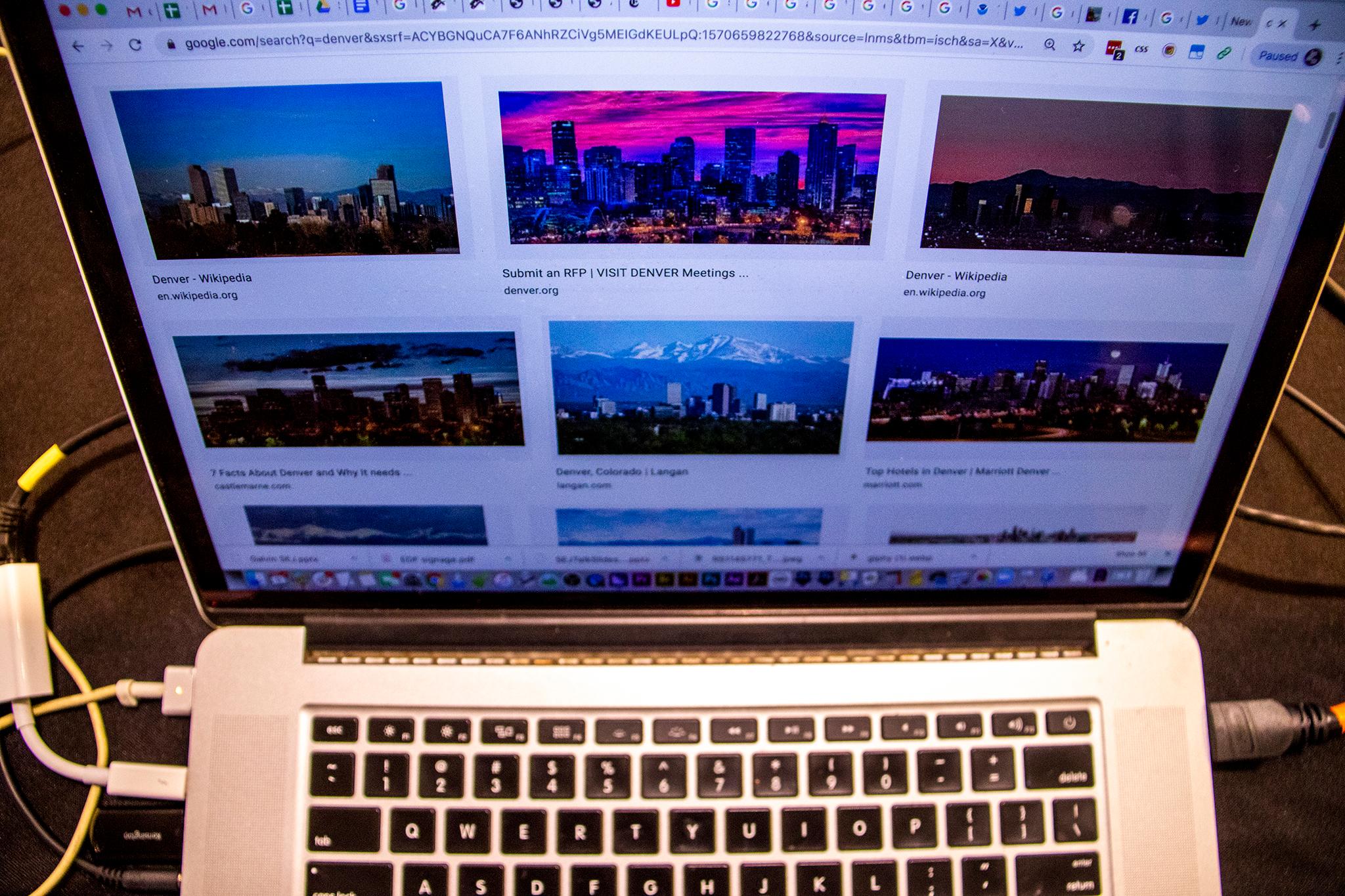Denver internet users -- so, a lot of people -- are at the will of Comcast and Century Link when it comes to how and if they access the information superhighway. Now, some City Council members want the government to declare its independence, at least to an extent.
Councilman Paul Kashmann publicly launched his bid Wednesday to opt out of a state law that prevents Colorado cities and towns from spending local dollars on enhancing broadband infrastructure. His proposal "is not an attack on our current broadband providers," he said, but he does want the city to explore providing municipal broadband to fill in the gaps left by commercial providers.
Internet access is inherently unequal because it costs money. Income should not dictate whether or not you can participate in society, Kashmann said. He cited data from Denver Public Library that estimates 20 percent of Denverites aren't connected to the internet.
"Make no mistake that the internet is much more than Netflix and Facebook and Twitter and Minecraft and the like," Kashmann said. "The internet is truly ... the library of the 21st century. It's the entry point into the world of information in the same way as our traditional brick-and-mortar libraries have been for centuries."

He floated his proposal to his colleagues Wednesday during a policy committee meeting. Opting out of the state law would require a vote of the people in 2020. Doing so would not create a municipal broadband network -- it would simply give Denver the autonomy to do so.
The Denver Public Library has 120 mobile hotspots that it loans to people for three weeks at a time. The waiting list is some 200 people long, indicating a serious demand, according to Kashmann.
Councilwoman Amanda Sandoval said schools that make internet access essential for learning are "setting up a child to fail" in a city where only some can participate.
"My son had a science project and my son was failing in science because his friend couldn't do his part of the work on the weekend," Sandoval said. "It's not equitable for some kids not to have internet."
Early ideas discussed Wednesday included tapping into the underground fiberoptic cable used to control traffic signals and providing free WiFi hotspots around the city.
Kashmann said he expects lobbyists to push him and his colleagues away from the idea, but said the private sector has not plugged the holes in internet access, necessitating the public sector to step in.
"Try to imagine if you needed a drink of water and you had to go to the library to get that drink of water, or if the speed at which it came out of the faucet you have at home has to do with how much you pay," Kashmann said.
Council members Sandoval, Jamie Torres, Candi CdeBaca and Chris Hinds expressed early support for the proposal. The legislative body will have to vote to send a ballot measure to the electorate before Denver can spend local taxes on expanding broadband service.













